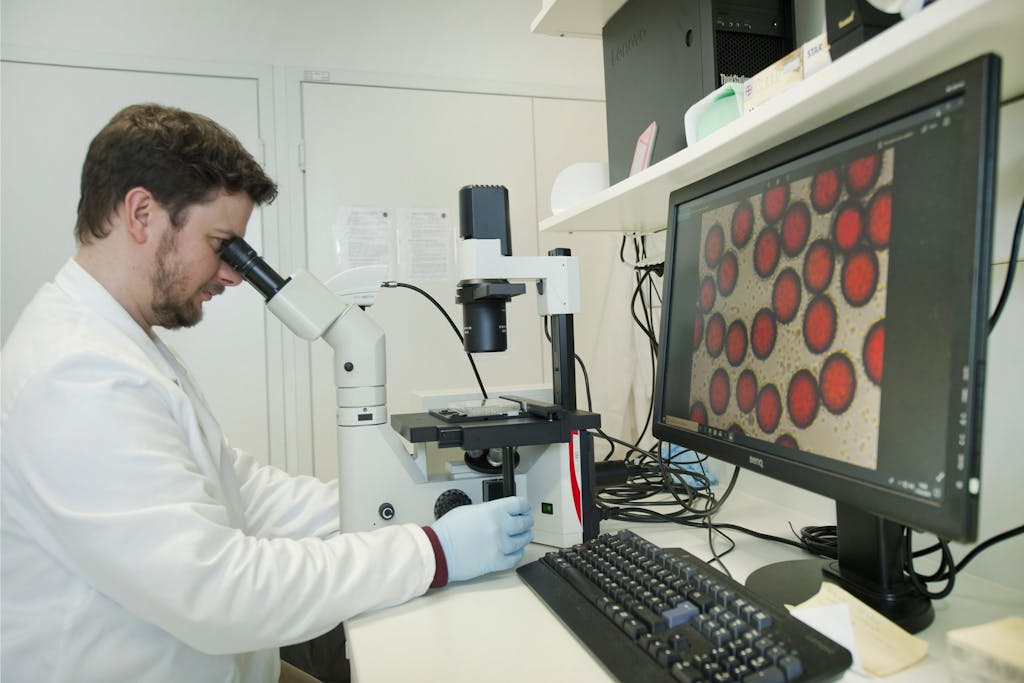The most reliable indicator of when life can return to normal will be the development of an effective COVID-19 vaccine. While some studies say that we may be social distancing until 2022 if no vaccine is found, the Coalition for Epidemic Preparedness Innovations (CEPI) is hoping otherwise. With $29 million invested and eight global partnerships underway to develop a COVID-19 vaccine, the Coalition is aiming to have a safe product for the public in 12-18 months.
During a two-week call for proposals issued in February, CEPI received nearly 50 applications to develop a vaccine for the new coronavirus. As a result, the organization is now working on developing and bringing more vaccine candidates to trial in cooperation with universities in Australia, the UK, and Hong Kong; health institutes and foundations in France and the US; and international biotech companies.

Two of the vaccines supported by the Coalition have reached the first phase in human trials: the Moderna vaccine, and the Inovio vaccine at the University of Pennsylvania and the Center for Pharmaceutical Research in Kansas City. Assuming these initial trials go well, a vaccine could be available for emergency use as soon as early next year, an unprecedented feat in the vaccine development process, which normally takes an average of ten years or more.
CEPI was created in 2017 to accelerate vaccine development in anticipation of future outbreaks of infectious diseases. The rationale behind the Coalition was simple: without financial incentives or large market potential, the private sector was unlikely to develop necessary vaccines. A more coordinated effort led by governments and non-profits was required.
The Ebola epidemic in 2014-2015 proved the point. More than 11,000 people died while a vaccine that had been developed more than ten years earlier sat on a shelf. If Ebola sounded the wakeup call for vaccine development, the COVID-19 pandemic made sure the whole world heard it. The rapid spread of the disease, the ease with which it traveled around the globe often undetected through asymptomatic people, proved for the first time in a century the true cost of a global pandemic.
CEPI hopes to make a globally fair allocation system of COVID-19 vaccines a reality within a year to a year and a half, a goal it estimates will require roughly $2 billion. The funds will cover eight vaccine candidates through the first phase of clinical trials, and by 2021, support at least three vaccines to complete regulatory requirements and launch for general use.
This week, the COVID-19 Solidarity Response Fund for the World Health Organization (WHO) – powered by the United Nations Foundation and Swiss Philanthropy Foundation – announced it would disburse $10 million to CEPI to fund its vaccine development and related research efforts.
“We are profoundly grateful for people’s generosity in donating to CEPI through the COVID-19 Solidarity Response Fund,” said Richard Hatchett, CEO of CEPI. “COVID-19 is a disease which doesn’t respect borders and against which we must all be united. Vaccines are one of our most important weapons in fighting this disease and this money will be critical in ensuring we can continue our efforts to develop a vaccine as fast as we can to protect the world from this disease.”
If you can, please donate to the COVID-19 Solidarity Response Fund to support WHO’s lifesaving work on this pandemic.
We need all hands on deck and every dollar counts.
You can also give via text:
- To give $25 to WHO, text WHO25 to 501501.
- To give $50, text WHO50 to 501501.
donate today
Every donation makes a difference. Support WHO’s life-saving efforts to respond to the COVID-19 pandemic by giving to the COVID-19 Solidarity Response Fund. Donations made via Facebook will be matched up to $10,000,000. Through April 30, 2020, for every $1 you donate here, Google.org will donate $2, up to $5,000,000.



 View All Blog Posts
View All Blog Posts


